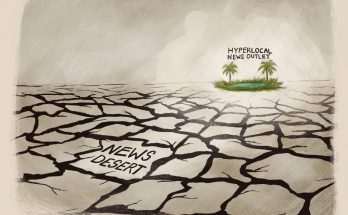
Young Africans on a Mission: Chasing International Scholarships, Facing Systemic Hurdles
<Fatmata narrates her story> Across Africa, a flow of young minds burns with the flame of ambition, yearning to transcend their borders and pursue international education. From Sierra Leone’s Fatmata …
Young Africans on a Mission: Chasing International Scholarships, Facing Systemic Hurdles Read More








